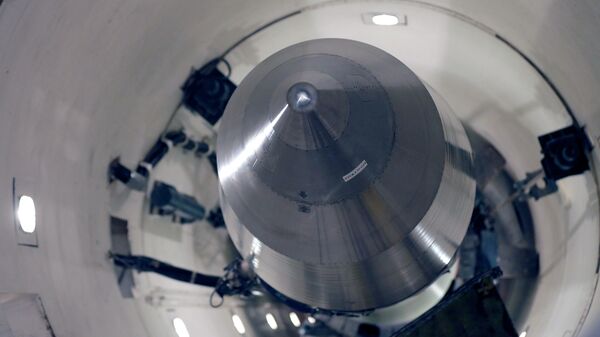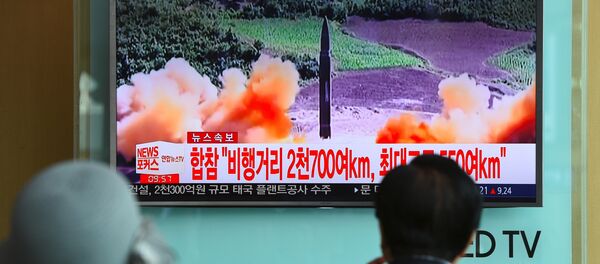"The new element is the growing alarm of the Japanese and their demand for something more visible and forceful," Clarke said. "They [the Japanese] may be tempted to open their nuclear cupboard and get out their screwdriver to develop their own nuclear deterrent."
Clarke also cautioned that South Korean President Moon Jae-in, who was elected earlier this year on a platform of improving relations with Pyongyang, was likely to respond with an increased military buildup along the 38th Parallel dividing North from South Korea.
The missile test had also destroyed US Secretary of State Rex Tillerson’s hope of reducing tensions between Washington and Pyongyang, Clarke noted.
Clarke said the most likely US-led international response would most likely be efforts to intensify economic sanctions on North Korea backed up with tougher diplomatic pressure and seeking to get China to intensify its pressure on Pyongyang.
"The path forward still mainly consists of ramping up sanctions, pressuring China to get tough, and generally using rough diplomatic language," he stated.
The launch demonstrated that Trump had failed with his tough talks and threats to intimidate North Korea into backing down or abandoning its missile and nuclear development programs, Clarke observed.
The United Nations Security Council (UNSC) began closed consultations on Tuesday over the latest North Korea's ballistic missile launch at the request of Japan, South Korea and the United States.



